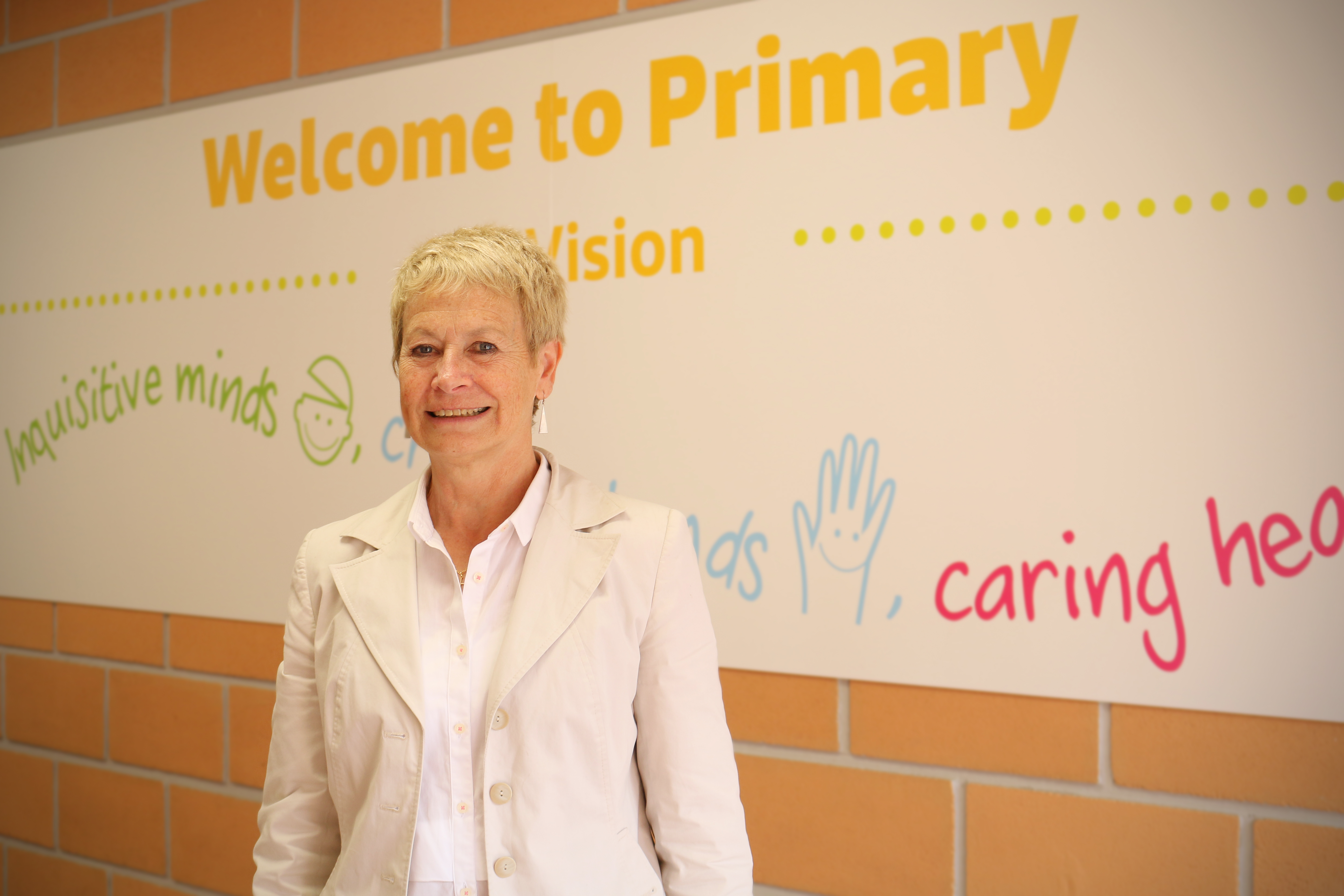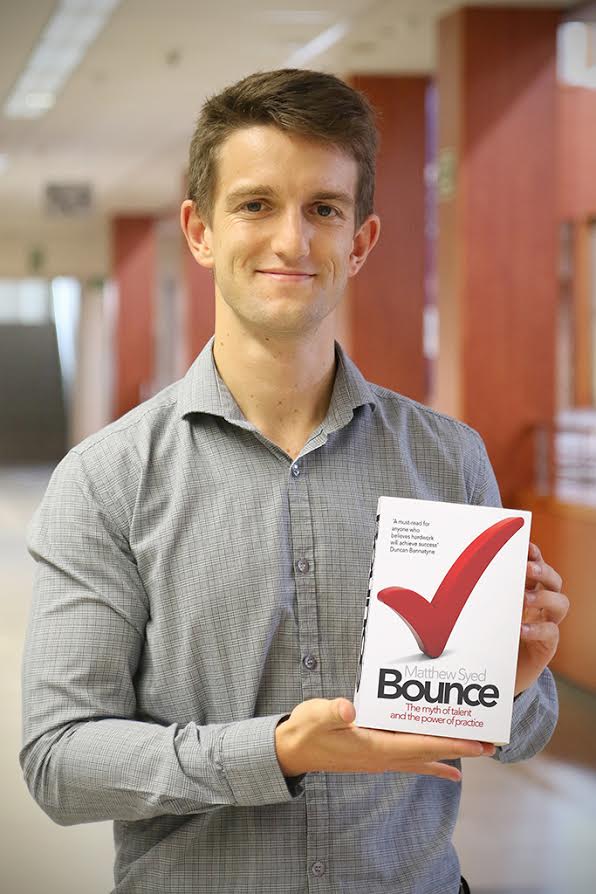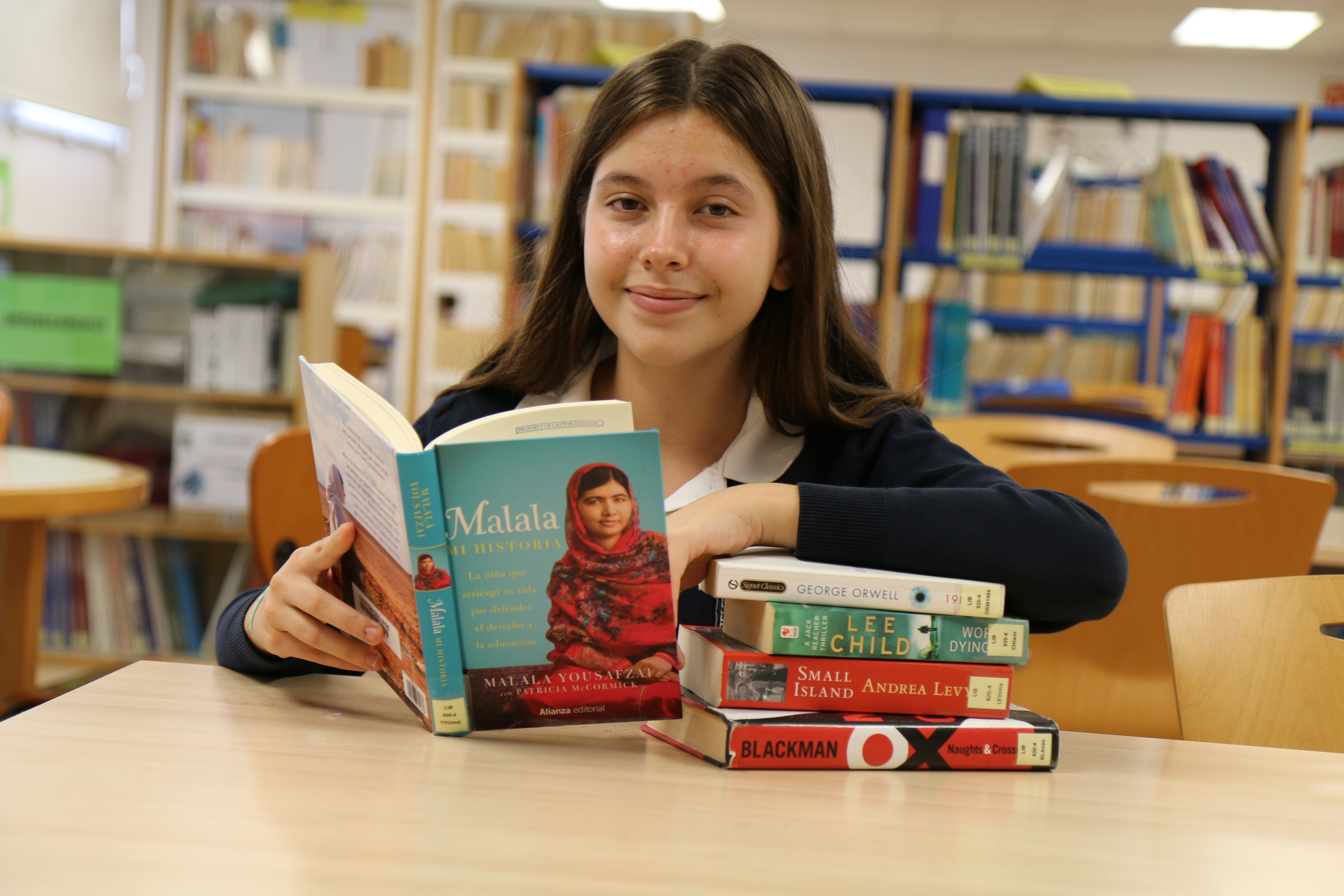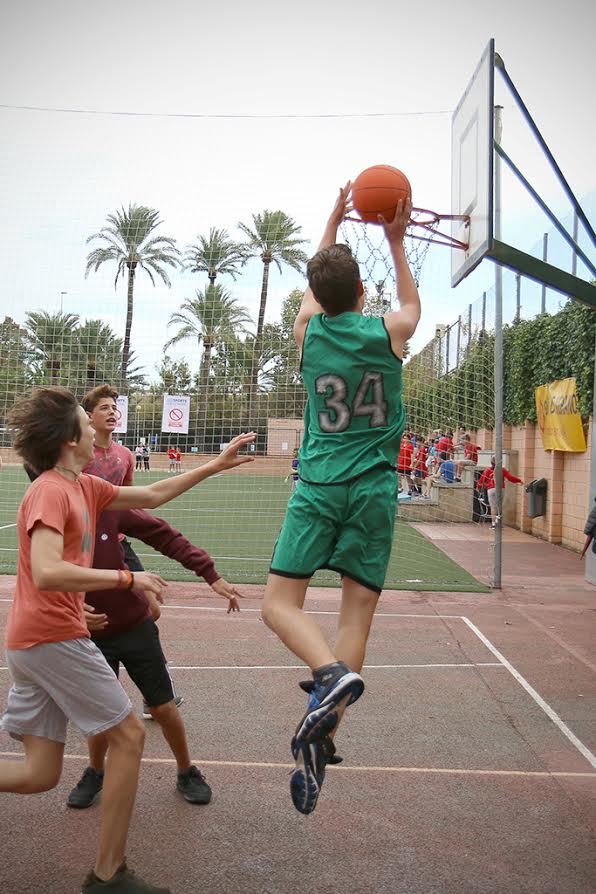By María Clement, ELE and Spanish teacher in Primary at Caxton College
To have a second language is to possess a second soul
Charlemagne´s words are definitely inspiring and sum up the idea of what the ELE department in Primary aims for our students.
One of the responsibilities of the ELE department in Primary at Caxton College is to ease children’s integration in their new lives. Our purpose is to take care of each of our students in order to help them not only to speak a new language but also to be able to express their needs, to make new friends and to appreciate a new culture with different foods, traditions and timetables… and eventually become part of it.
Learning a language can also mean learning a new way of life, especially when you are living in the country where the language is spoken.
In our lessons we try to give explanations or comparisons between the traditions of the students´ countries and the Spanish way of life so that there is a better understanding between the students and their class peers.
We emphasize the fact that for most of our students, coming to Spain has been a big change to get used to, therefore we want them to feel comfortable and not see Spanish as yet another subject to study but as something they can learn but also enjoy.
Our methodology is based on a communicative approach; language is a means of communication and a tool for us to interact with each other, for this reason, our main aim is to create communicative contexts in the classroom so that our learners have the opportunity to speak in our target language which is Spanish.
Of course, apart from this, we need to teach vocabulary and grammar but we try to make the learning meaningful for the children: we teach them vocabulary that has got to do with their daily life and their interests, such as school for example.
Regarding grammar, we need to bear in mind that our eldest students are only 10-11 years old, so we try to teach grammar inductively; this means we show the children how to express ideas in different ways and by doing the class activities they find out “rules”/ “patterns” between words, just like a Spanish child would learn them, through use.
We also highlight the importance of reading since we know it is one of the best ways to learn vocabulary in any language. We encourage them to read passages in Spanish and teachers read to them to model intonation and pronunciation.
Our ultimate goal is for the children to enjoy learning Spanish and experience positive feelings towards the new language which we hope, which we hope will eventually become an important part of them, a second soul.
“La aventura de aprender español”
Por María Clement, profesora de Español en Caxton College
Tener un segunda idioma es poseer una segunda alma
Las palabras de Carlomagno son sin duda inspiradoras y resumen la idea de lo que el departamento de ELE de Primaria de Caxton College pretende para sus alumnos.
Una de las responsabilidades del departamento es facilitar la adaptación de los estudiantes a sus nuevas vidas. Cuidar de cada uno de ellos y ayudarles no sólo a hablar un nuevo idioma, sino también a ser capaces de expresar sus necesidades, hacer nuevos amigos y apreciar una nueva cultura con diferentes alimentos, tradiciones y horarios para, finalmente, llegar a ser ellos mismos parte de ella.
Aprender un idioma también puede significar aprender un nuevo modo de vida, sobre todo cuando vives en el país donde se habla ese idioma. En nuestras clases intentamos dar explicaciones y hacer comparaciones entre las tradiciones de los países de origen de los alumnos y España. Con esto conseguimos mejorar la comprensión entre todos los compañeros de clase.
También hacemos hincapié en el hecho de que para la mayoría de nuestros estudiantes venir a España ha sido un gran cambio al que se han tenido que adaptar, y por lo tanto, queremos que se sientan cómodos y que no vean el idioma español como otra asignatura más, sino como algo que también se puede disfrutar.
Nuestra metodología está basada en un enfoque comunicativo. El lenguaje es un medio de comunicación y una herramienta con la que podemos interactuar, por lo que nuestro principal objetivo es crear contextos de comunicación en el aula para que nuestros alumnos tengan la oportunidad de hablar en nuestro idioma de destino, en este caso español.
Por supuesto, también enseñamos vocabulario y gramática, pero tratando de hacer el aprendizaje significativo para los niños. Por ejemplo les mostramos vocabulario que tiene algo que ver con su vida cotidiana y sus intereses, como el colegio.
Respecto a la gramática, necesitamos tener en cuenta que nuestros alumnos más mayores tienen sólo 10 o 11 años, por lo que tratamos de enseñar de forma inductiva. Esto significa que mostramos a los niños cómo expresar sus ideas de diferentes maneras. Haciendo las actividades de clase, los alumnos descubren las “normas” lingüísticas, del mismo modo que las aprendería un niño español, a través de su uso.
También destacamos la importancia de la lectura, ya que sabemos que es una de las mejores maneras de aprender vocabulario en cualquier idioma. Les animamos a leer textos en español y los profesores les leen para modelar la entonación y la pronunciación.
Nuestro objetivo final es que los niños disfruten aprendiendo español y experimenten sentimientos positivos hacia el nuevo idioma, que esperamos que se convierta en una parte importante de ellos, una segunda alma.















